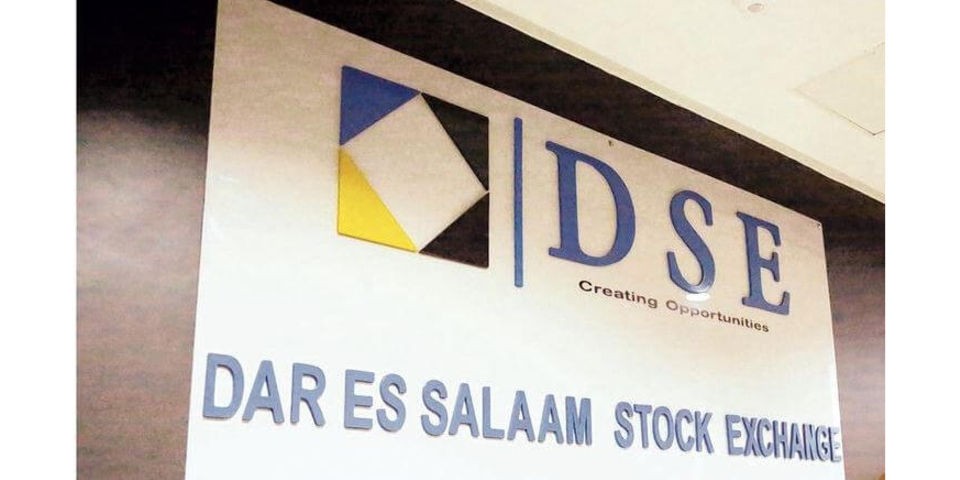If you’re looking to understand the evolving financial landscape of Tanzania, the Dar es Salaam Stock Exchange (DSE) should be on your radar. Established in 1996, the DSE represents a significant milestone in the country’s economic development, providing a vital platform for capital raising and investment. This blog post delves into the role of the DSE, its historical context, and its impact on Tanzania’s economy.
A Brief History
Before the DSE’s inception, Tanzania’s financial markets were largely underdeveloped, with limited options for companies to raise capital and for investors to engage in stock trading. The establishment of the DSE was part of a broader economic reform program aimed at modernizing and liberalizing the Tanzanian economy. It was a crucial step towards integrating Tanzania’s financial system into the global market.
Initially, the exchange had only a handful of listed companies and was relatively modest in scale. However, over the years, it has grown into a vibrant marketplace, reflecting Tanzania’s economic progress and attracting both local and international investors.
Structure and Operations
The Dar es Salaam Stock Exchange operates under the regulatory oversight of the Capital Markets and Securities Authority (CMSA), which ensures transparency and fairness in the market. The DSE is divided into various segments, including the Main Investment Market Segment (MIMS), the Enterprise Growth Market Segment (EGMS), and the Fixed Income Market. Each segment caters to different types of securities and investors.
- Main Investment Market Segment (MIMS): This is the primary market for large, established companies looking to raise significant capital. Companies listed here are typically well-known and have a proven track record.
- Enterprise Growth Market Segment (EGMS): Designed for small and medium-sized enterprises (SMEs), the EGMS provides a platform for emerging businesses to access capital and grow. This segment plays a crucial role in fostering entrepreneurship and innovation in Tanzania.
- Fixed Income Market: This segment deals with government and corporate bonds, providing investors with a stable source of income and a means for diversifying their investment portfolios.
Market Performance and Key Players
The performance of the DSE is often seen as a barometer of Tanzania’s economic health. Key players include major Tanzanian corporations, such as Tanzania Breweries Limited and the National Microfinance Bank, as well as government securities. Additionally, the DSE has been making strides in attracting foreign investors, further enhancing its role in the global financial ecosystem.
Recent years have seen significant improvements in market infrastructure, including advancements in trading technology and increased market transparency. These developments have bolstered investor confidence and contributed to the overall growth of the exchange.
Impact on Tanzania’s Economy
The Dar es Salaam Stock Exchange has had a profound impact on Tanzania’s economy in several ways:
- Capital Formation: By providing a platform for companies to raise funds through equity and debt, the DSE facilitates capital formation, which is essential for business expansion and economic growth.
- Investment Opportunities: The exchange offers diverse investment opportunities for both local and international investors, helping to channel savings into productive ventures and enhance financial inclusion.
- Economic Development: The DSE contributes to broader economic development by supporting the growth of SMEs and providing a mechanism for privatization and public investment.
- Regulatory Framework: The evolution of the DSE has led to the development of a more robust regulatory framework, promoting greater investor protection and market integrity.
Looking Ahead
As Tanzania continues to develop its financial sector, the Dar es Salaam Stock Exchange is likely to play an increasingly pivotal role. The ongoing efforts to enhance market infrastructure, increase the range of financial products, and attract foreign investment are expected to drive further growth and innovation.
For investors, the DSE presents a unique opportunity to be part of Tanzania’s dynamic economic journey. With its growing market potential and the increasing importance of financial markets in Tanzania’s development strategy, the DSE is indeed a gateway to a promising future.
The Dar es Salaam Stock Exchange is more than just a financial market; it’s a cornerstone of Tanzania’s economic development and a symbol of the country’s progress towards becoming a key player in the regional and global financial landscape. Whether you’re an investor, entrepreneur, or simply an enthusiast of emerging markets, keeping an eye on the DSE is essential for understanding the evolving opportunities in Tanzania.
Feel free to share your thoughts or ask questions about the Dar es Salaam Stock Exchange in the comments below.

